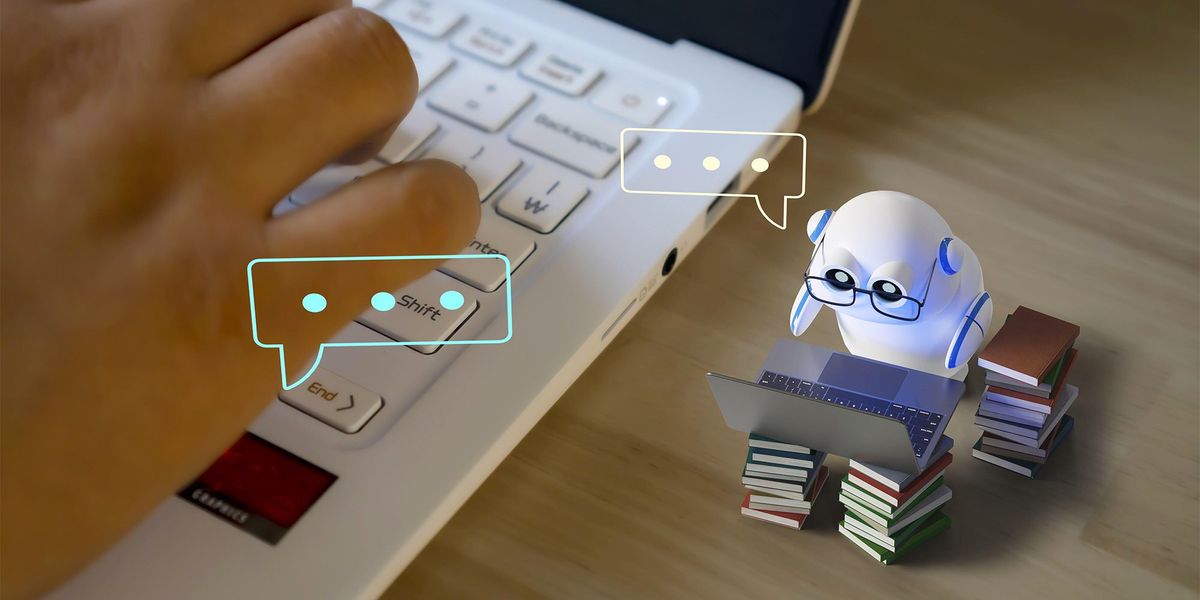Generative AI is transforming the software development industry. AI-powered coding tools are assisting programmers in their workflows, while jobs in AI continue to increase. But the shift is also evident in academia—one of the major avenues through which the next generation of software engineers learn how to code.
Computer science students are embracing the technology, using generative AI to help them understand complex concepts, summarize complicated research papers, brainstorm ways to solve a problem, come up with new research directions, and, of course, learn how to code.
“Students are early adopters and have been actively testing these tools,” says Johnny Chang, a teaching assistant at Stanford University pursuing a master’s degree in computer science. He also founded the AI x Education conference in 2023, a virtual gathering of students and educators to discuss the impact of AI on education.
So as not to be left behind, educators are also experimenting with generative AI. But they’re grappling with techniques to adopt the technology while still ensuring students learn the foundations of computer science.
“It’s a difficult balancing act,” says Ooi Wei Tsang, an associate professor in the School of Computing at the National University of Singapore. “Given that large language models are evolving rapidly, we are still learning how to do this.”
Less Emphasis on Syntax, More on Problem Solving
The fundamentals and skills themselves are evolving. Most introductory computer science courses focus on code syntax and getting programs to run, and while knowing how to read and write code is still essential, testing and debugging—which aren’t commonly part of the syllabus—now need to be taught more explicitly.
“We’re seeing a little upping of that skill, where students are getting code snippets from generative AI that they need to test for correctness,” says Jeanna Matthews, a professor of computer science at Clarkson University in Potsdam, N.Y.
Another vital expertise is problem decomposition. “This is a skill to know early on because you need to break a large problem into smaller pieces that an LLM can solve,” says Leo Porter, an associate teaching professor of computer science at the University of California, San Diego. “It’s hard to find where in the curriculum that’s taught—maybe in an algorithms or software engineering class, but those are advanced classes. Now, it becomes a priority in introductory classes.”
“Given that large language models are evolving rapidly, we are still learning how to do this.” —Ooi Wei Tsang, National University of Singapore
As a result, educators are modifying their teaching strategies. “I used to have this singular focus on students writing code that they submit, and then I run test cases on the code to determine what their grade is,” says Daniel Zingaro, an associate professor of computer science at the University of Toronto Mississauga. “This is such a narrow view of…
Read full article: AI Copilots Are Changing How Coding Is Taught

The post “AI Copilots Are Changing How Coding Is Taught” by Rina Diane Caballar was published on 05/02/2024 by spectrum.ieee.org




































